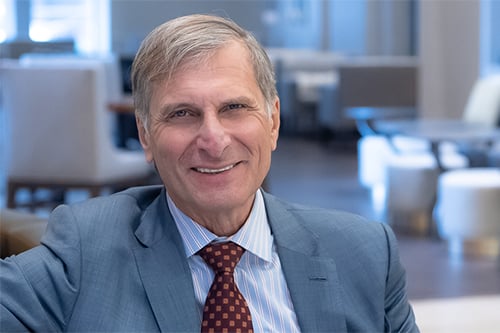

It’s official – the Toronto Raptors have arrived in Florida to kick off their training for next month’s NBA season restart. In similar steps, Major League Baseball (MLB) fans will have something to cheer about by the end of July when games begin, following a new outline for the 2020 season. Meanwhile, the NHL is still debating over which city will be the host for the resumption of its season.
As leagues take steps to return following shutdowns related to the pandemic, they’ll be coming back to a different world. The repercussions of the coronavirus will be significant, even once sports seasons resume – and not just for major leagues.
On June 23, law firms McKool Smith and Mitchell Sandler announced that they had jointly filed a lawsuit on behalf of Minor League Baseball (MiLB) teams against the league’s insurers, seeking to recover losses stemming from the pandemic. According to a news release, team owners have paid for business interruption policies to protect themselves from exactly this type of risk, yet insurers have denied their claims and are now adopting similar arguments that were used following crises like 9/11 and the 2008 recession to avoid paying out.
The release goes on to state that “the MiLB business model is entirely dependent on receiving players, coaches and other team personnel from the MLB team, as well as federal, state and local governments to allow the admission of thousands of fans who attend games, purchase concessions and merchandise sold at the ballpark.” Minor league teams are likewise responsible for a fixed lease payment of up to or more than US$1 million to operate in the ballpark, demonstrating the severity of the economic losses these teams have faced from the pandemic shutdowns.
Financial losses are far from the only concern on sporting teams’ rosters. After all, the risks associated with the pandemic won’t disappear once players and fans are permitted to return to stadiums.
“All of the sports teams have to look at three tranches, and the first one is their own employees that are running the facilities and how to protect them,” said Henry C. Lombardi (pictured), EVP and leader of NFP’s property and casualty business.
Teams also need to consider how to bring their loyal audiences back into the stadiums while implementing measures to limit the risk of spreading the virus among big crowds, alongside bringing back their athletes while likewise ensuring that they stay safe. It’s a lot to consider, said Lombardi, noting, “Each one of those has a distinct model, and you have to provide safety and a comfort level if those people want to come back and work.”
With athletes in particular, keeping social distancing measures in place will prove difficult. Lombardi pointed to basketball players, who would undoubtedly love having to maintain a six-foot separation since that would give them all the space they need to shoot hoops. Nonetheless, the game would look much different.
As a result, teams have to think about, “How do you work within these confines to let them feel comfortable and yet that you’re protecting them and the people around them?” said Lombardi. “The same thing goes for other sports. In baseball, you have people coming at each other where they’re tagging somebody.”
Luckily, NFP recently brought more hands on deck that can provide expertise for sporting league clients, particularly when it comes to baseball. In May, NFP acquired LFG Inc. (DBA Team Scotti), an insurance broker offering insurance solutions and employee benefit programs to MLB, MiLB, and their affiliates. John Scotti, the broker’s founder, has joined NFP as a managing director and has been discussing with the leagues how to get people to feel comfortable going back to a stadium, whether they’re athletes, fans, or vendors. Each situation is unique since some stadiums could house 15,000 fans, while others, such as football stadiums, can bring together 50,000-plus people, so this additional expertise is invaluable.
The acquisition is just one of the ways that NFP helps clients in the sports and entertainment world.
“We are also very focused on the business management of high net worth individuals, [such as] athletes, musicians, and actors, so we’re really rounding out beyond the property casualty,” said Carl Nelson, NFP’s EVP of mergers and acquisitions. “We’re going to be serving the needs of the individuals, whether it’s team owners or executives, as well as the individual sports players … [so the acquisition] really furthers our commitment to our clients in providing the best services possible.”
